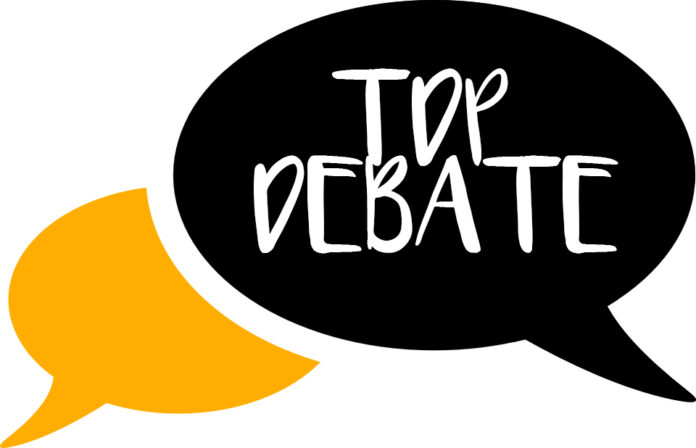

The current element of the GOP agenda that the Republican-controlled Congress has been pushing for is a major overhaul in the tax code. This legislation is crucial to not only implementing a key element of the GOP platform, but also in helping out American citizens.
The current tax code in the United States is way too complicated, which causes problems for American citizens. The tax code is nearly 75,000 pages long -- a completely ridiculous length that burdens Americans. Due to the complexity of the tax code, Americans spend around $409 billion and 8.9 billion hours a year just to pay their taxes. Why should paying taxes cost that much time, money, and stress? The GOP should work to simplify the tax code so that filing taxes can be an easier process for American citizens.
Not only is the current tax code too complex, it includes a large 35 percent corporate tax rate. The average corporate tax rate globally is 25 percent. For example, in Canada, the corporate tax rate is 26.3 percent, 20 percent in the U.K, and 25 percent in China. Under the current rate, the United States is incentivizing businesses to go overseas, and to start in other countries rather than in the U.S. If we want a stronger economy, the corporate tax rate needs to be lower in order to provide greater incentive for businesses to invest in America. The proposed GOP plan lowers the corporate tax rate to a competitive 20 percent. This change could certainly generate more business investment and more jobs in America.
The reason that conservatives want to lower taxes is that they believe people deserve to hold on to more of the money that they earn and that citizens can spend their money better than the federal government can. A common argument against tax cuts or the current GOP tax reform effort is that there will be an increase in the budget deficit due to lower tax revenue. The evidence shows that this argument only holds true in the short run. In fact, whenever there have been major tax breaks, the federal government has gained more in tax revenue than it previously had over time. When the Hoover Administration lowered taxes in the 1920s, tax revenue increased from $719 million in 1921 to $1.164 billion in 1928. JFK lowered tax rate reductions and lowered the top tax bracket down. Tax revenue increased from $94 billion in 1961 to $151 billion in 1968, a 33 percent increase even after adjusting for inflation. So in the long run, historical evidence fails to support the argument that tax cuts lead to a decrease in tax revenue.
Overall, our current tax code is too complex, it includes a corporate tax rate that disincentivizes business investment, and people deserve to keep more of the money that they earn. Given the historical evidence, I feel confident that if the Trump Administration signs a bill that simplifies and lowers taxes, the citizens and the government of the United States would benefit.
